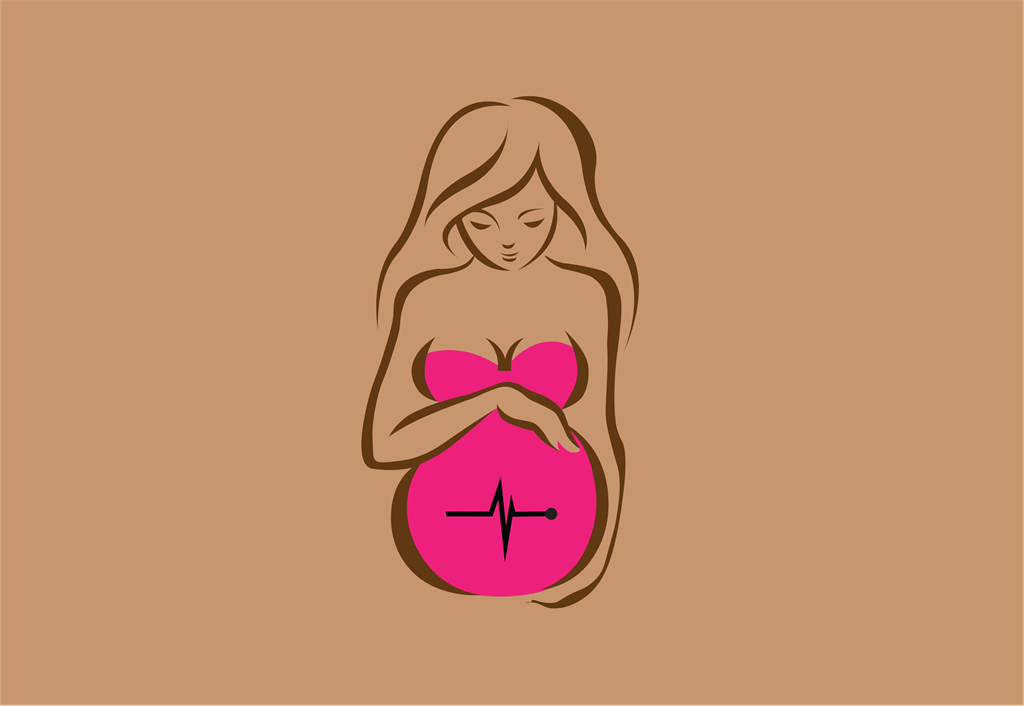

Diabetes may have very serious consequences for the unborn baby. The chances that a mother with poorly controlled diabetes loses her baby is significantly increased. Pregnancies complicated by gestational diabetes also carry a higher risk for the baby.
Four conditions mainly responsible for the poorer outcome in gestational diabetes:
1. Poorly controlled gestational diabetes has a slightly increased risk of stillbirth, which can happen without any warning. This is a very rare event though. The occurrence of sudden intrauterine death is almost unheard of when blood glucose levels are properly controlled.
2. Serious birth defects are significantly more likely in women with poorly controlled pre-existing diabetes. Women with gestational diabetes usually don't have an increased risk. Still, if they've had high blood sugar levels in the early weeks of pregnancy, the risk of birth defects may increase.
3. It was previously believed that babies of mothers with gestational diabetes should be delivered earlier to prevent a sudden stillbirth. This practice was sometimes associated with serious problems for the newborn baby, especially complications of the lungs, brain, liver and gut. Early delivery is not indicated in women where blood glucose control was adequate.
4. Women with poorly controlled diabetes have an increased chance of having a baby of more than 4 kg. (A macrocosmic baby). This happens because the high blood glucose leads to additional glucose crossing the placenta to the baby. This in turn causes your baby to produce more insulin, which changes the glucose to fat. Much of this fat is deposited around the shoulders and trunk, increasing the chances of a difficult delivery with complications.
Treating gestational diabetes
Many mothers with gestational diabetes experience healthy pregnancies by following treatment guidelines. Treating gestational diabetes means taking steps to keep your blood glucose levels in a normal blood sugar target range. You will learn how to control your blood glucose with a strict meal plan, some physical activity and appropriate medication advised by your specialist.
How will I know whether my blood glucose levels are on target?
Your health care team may ask you to use a small device called a blood glucose meter (glucometer) to check your levels on your own.
You will learn:
- How to use the meter.
- How to prick your finger to obtain a drop of blood.
- What your target range is.
- When to check your blood glucose.
You may be asked to check your blood glucose:
- When you wake up.
- Just before meals.
- Two hours after breakfast.
- Two hours after lunch.
- Two hours after dinner.





 Publications
Publications
 Partners
Partners














